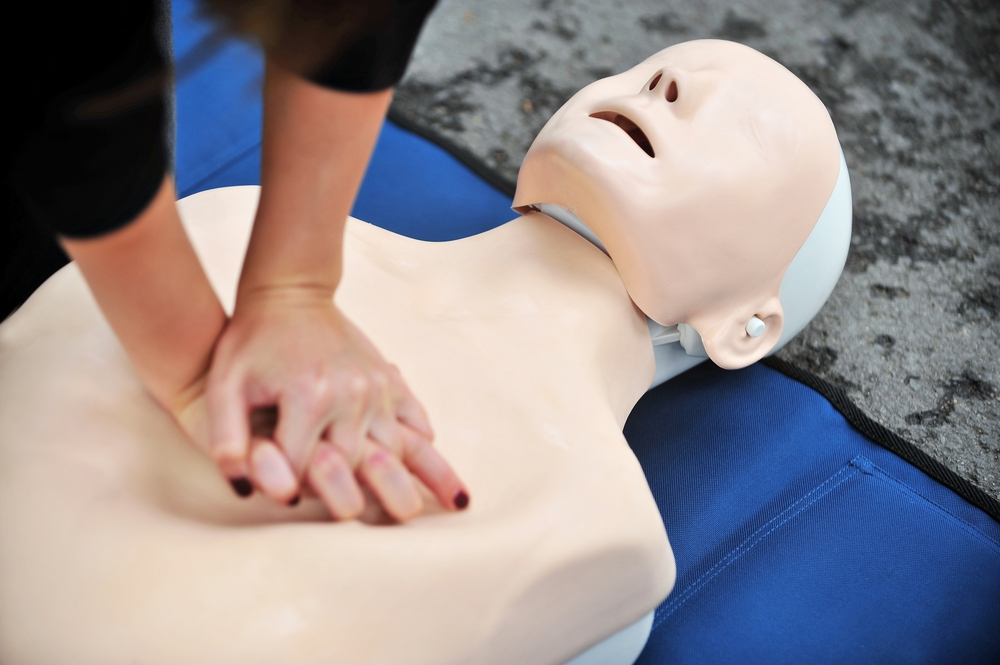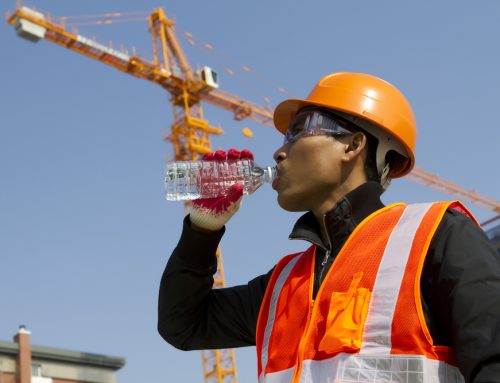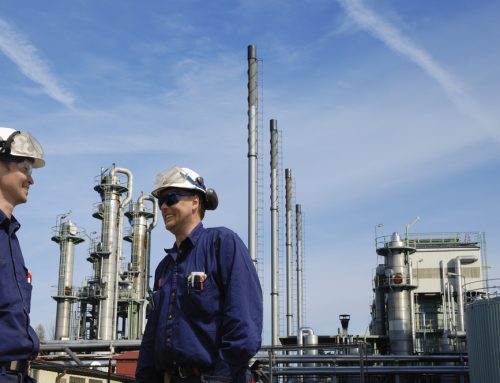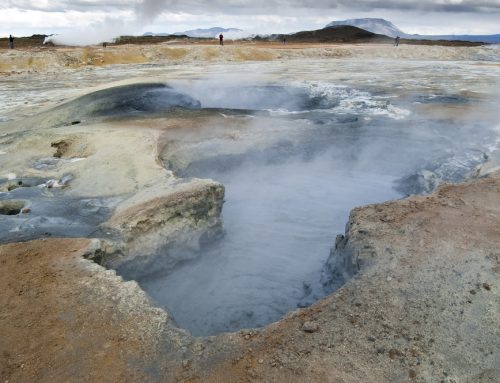There are simply a few things everyone should simply know, and first aid is certainly on the list. It is no exaggeration to say that knowing first aid can save a life. If you work in the oil and gas, petroleum, petrochemical, power generation, or pipeline industry, the value of first aid becomes even more apparent.
It’s a Lifesaver
As we’ve said, knowing CPR or other first aid basics can really make a difference. More than 1.3 million Canadians are living with heart disease, of which a considerable portion could be feasibly helped at least in part by some degree of first aid.
We’re Not as First Aid Savvy as We Should Be
One of the most important reasons to learn CPR – or any such skill, for that matter – is the basic element of empathy. Put yourself in the suffering party’s position, and ask yourself – how would you like to be treated? It really can be just a matter of minutes which mean the difference between life and death. Unfortunately, we as a society have slacked in our overall knowledge of first aid basics, and so need a committed effort to making first aid one of our first priorities.
You Don’t Have to Do Mouth-to-Mouth Resuscitation
Even in life and death situation, some people are still uncomfortable with mouth to mouth resuscitation. While that’s understandable, it’s worth noting that there are a variety of hands-only CRP techniques which are just as effective in addressing sudden cardiac arrest.
Most Cardiac Events Occur at Home
Finally, most cardiac events which might require immediate first aid assistance in those crucial first few minutes occur at home, so a working knowledge of the basics really might make the difference in saving someone you love.
What You Learn With First Aid Training
Metalcare’s Standard First Aid Course is designed for oil and gas industry workers who need training for work or want to brush up their first aid knowledge for home emergencies. Certified through the Red Cross, Metalcare’s 2-day course will teach you everything you need to know.
You will learn how to respond to various medical emergencies and extend survival chances of the victim until medical support arrives. You will learn techniques to address airway emergencies, breathing emergencies, cardiac arrest, wounds, head/spine injuries, bone/muscle/joint injuries, sudden medical emergencies, environmental emergencies, and poisoning.
Unlike competitor training courses, Metalcare exceeds the standard by including injury prevention content, cardiopulmonary resuscitation (CPR) training, and automated external defibrillator (AED) training.





